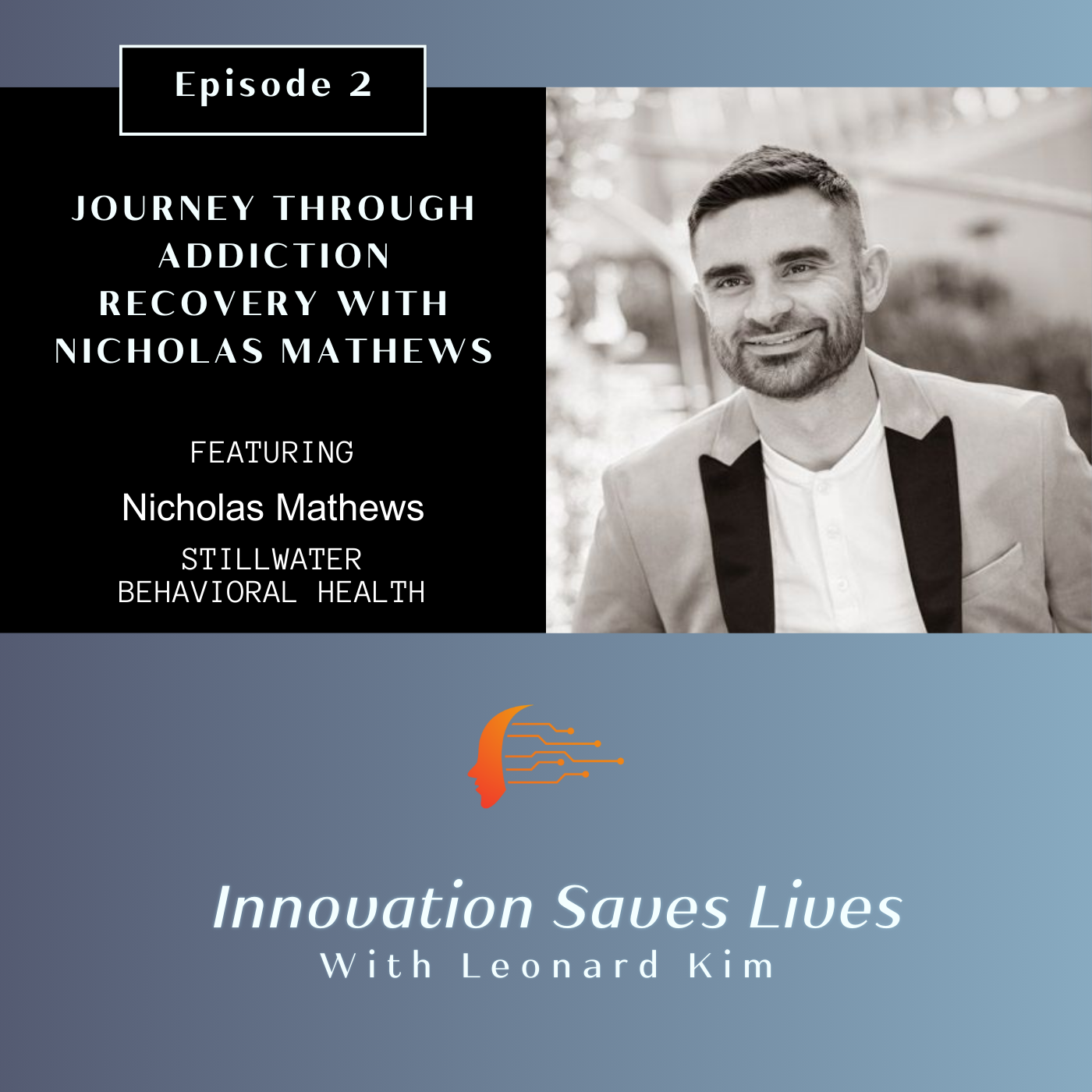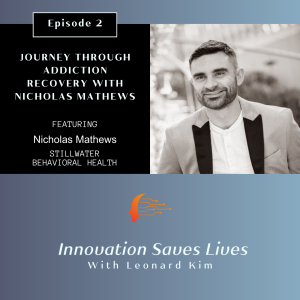Hormones regulate numerous bodily functions, from metabolism and mood to reproductive health. Yet, factors like chronic stress and adrenal dysfunction can severely disrupt this balance, leading to a host of health issues.
For medical providers, staying abreast of advancements in hormone health is essential for delivering the best patient care. One breakthrough in this field is Bioidentical Hormone Replacement Therapy (BHRT), a therapy championed by Donna White, the author of “The Hormone Makeover” and founder of the BHRT Training Academy.
The Importance of Bioidentical Hormone Replacement Therapy
BHRT uses hormones that are chemically identical to those the human body naturally produces, providing a more natural and individualized approach than traditional hormone replacement therapies that often utilize synthetic hormones. Moreover, supporting data indicates that it alleviates symptoms of hormonal imbalance more effectively and with fewer side effects.
“Understanding the individual needs of each patient is crucial,” emphasizes White, a pioneer in BHRT with over 30 years of experience in hormone health. “BHRT allows medical providers to tailor treatments that align closely with the body’s natural processes, leading to better outcomes.”
The BHRT Training Academy Empowers Practitioners
Not only does White believe BHRT should be the preferred choice, but she is actively working to train others. To that end, she founded the BHRT Training Academy to empower doctors and medical practitioners with the knowledge and tools necessary to implement effective BHRT protocols.
The training academy’s comprehensive training program addresses the complexities of hormone health, offering a structured approach to diagnosing and treating hormonal imbalances. The in-depth curriculum covers the essentials of hormone health, including hormone physiology, diagnostic techniques, treatment protocols, and stress management.
By understanding everything from the foundational science of hormones to advanced assessments and protocols, White aims to ensure practitioners can tailor strategies for any patient.
Addressing Adrenal Function and Stress
A key aspect of the training as a practitioner is understanding the role of stress and adrenal function in hormone health. Chronic stress triggers the adrenal glands to produce excess cortisol, the primary stress hormone. While cortisol is vital for managing acute stress, prolonged elevation can lead to HPA axis dysfunction, disrupting the production of other critical hormones, including estrogen, progesterone, and testosterone.
“The impact of chronic stress on adrenal function cannot be overstated,” says White. “It can lead to a cascade of hormonal imbalances that can significantly affect a patient’s quality of life. Understanding and addressing this is crucial for any effective hormone replacement therapy.”
The holistic approach emphasizes the importance of supporting the HPA axis and managing cortisol levels to achieve optimal hormone balance. Practitioners are taught to utilize advanced diagnostic tools, such as salivary or dried urine cortisol testing, to assess adrenal function accurately. These insights inform personalized BHRT plans that address individual patient needs, ensuring comprehensive care.
Practical Application and Patient Care
The Academy doesn’t just provide theoretical knowledge. It focuses on practical application. Practitioners learn how to integrate BHRT protocols seamlessly into their practice, benefiting not just the patients but also the practices. The practical applications include:
- Testing and Diagnosis: Utilizing advanced diagnostic tools to properly assess and monitor all hormone levels for optimal results.
- Personalized Treatment Plans: Creating tailored BHRT plans that address individual patient needs.
- Ongoing Support: Accessing continuous support and resources to stay abreast of new developments in hormone health.
White’s vision is clear: to empower medical professionals with the knowledge and tools to transform hormone health. “Our goal is to provide practitioners with a robust understanding of how to manage hormonal imbalances holistically,” Donna states. “When medical providers are equipped with the right knowledge, they can offer treatments that significantly enhance the quality of life for their patients.”













